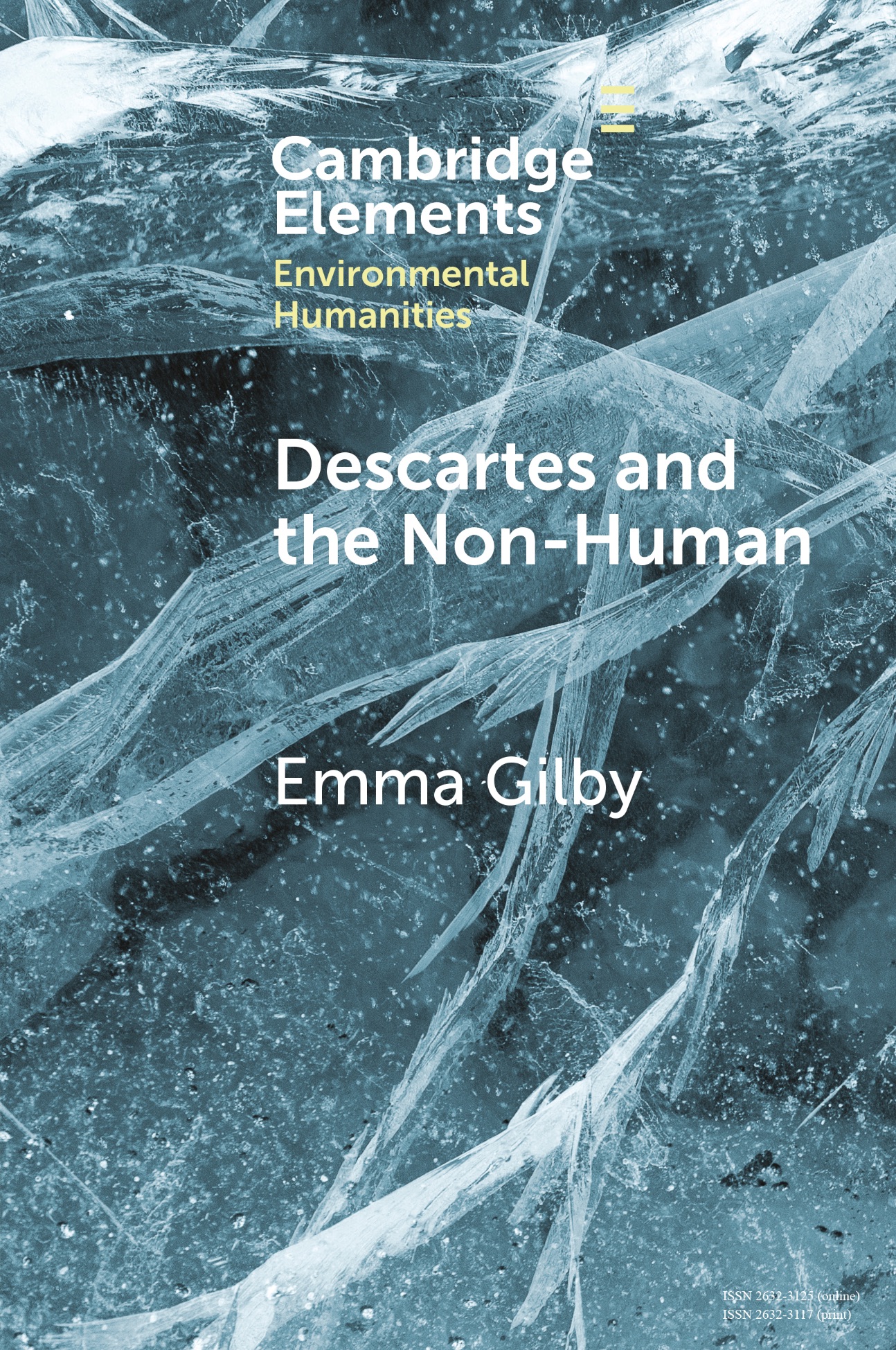
Une réévaluation de Descartes dans une perspective écocritique, en libre accès jusqu'au 16 mai.
Descartes features heavily in ecocritical literature. He is often said to dismiss the non-human world as irrelevant and inanimate, and to espouse a harmfully instrumental attitude towards it. This Element goes into detail on the standard picture in circulation, while also outlining an alternative approach that it terms ‘ecohistorical’. It aims to offer insights into the seventeenth-century context; and to explain in clear terms what Descartes said, what problems emerge with his account, and why a more precise understanding of these problems can be useful today. Reconsidering Descartes in this light involves extending prior arguments about his treatment of animals to a study of the natural world in general. Early modern narratives about the world's living networks are complex and interesting. When locally salient artefacts, attitudes, ideas, and vocabulary are highlighted, a more nuanced picture emerges, changing the relevance of Descartes for environmental thinking.
2.1 Descartes’s Mechanistic Universe Is Automated and Lifeless
2.2 Humans Are Entirely Distinct from the Non-Human World
2.3 The Ego Cogitans Is at the Centre of Everything
2.4 We Can Subjugate Animals as We Wish
2.5 We Can Master and Possess Nature as a Whole
2.6 Human Action Can and Should Be Performed with Total Rational Control